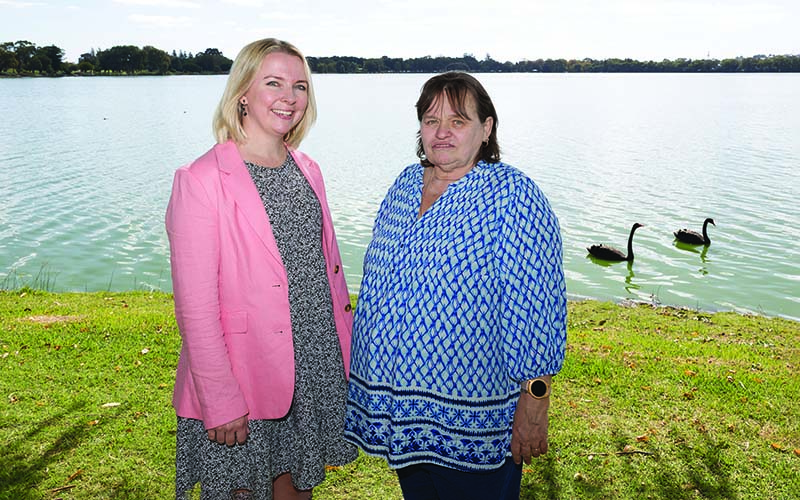Search
Research
Lower infant mortality, higher household size, and more access to contraception reduce fertility in low- and middle-income nationsAlthough average contraceptive use has increased globally in recent decades, an estimated 222 million (26%) of women of child-bearing age worldwide face an unmet need for family planning-defined as a discrepancy between fertility preferences and contraception practice, or failing to translate desires to avoid pregnancy into preventative behaviours and practices.

In Aboriginal culture, water is life, holding powerful spiritual and cultural significance and acting as a vital source of connection, food and medicine.

An exciting study is investigating whether a new therapeutic treatment for asthma will protect young sufferers from ongoing lung damage and improve their long-term health outcomes.
Research
Guiding practice principles for clinicians who work with Indigenous peopleCulturally safe healthcare approaches are important to improve outcomes of Indigenous people. Non-Indigenous clinicians are often ill-prepared to provide such healthcare. The NHMRC Centre for Research Excellence (CRE) especially for First Nations Children has been studying for several years how to improve clinical care for Indigenous children with respiratory disease in hospital, clinic, urban, rural and remote settings.
Research
Pediatric Bronchiectasis Action Management Plan to Improve Clinical Outcomes: A Randomized Controlled TrialManaging bronchiectasis exacerbations is a priority for patients, parents, and caregivers of children with bronchiectasis. However, evidence-based strategies among the pediatric population remain limited.
